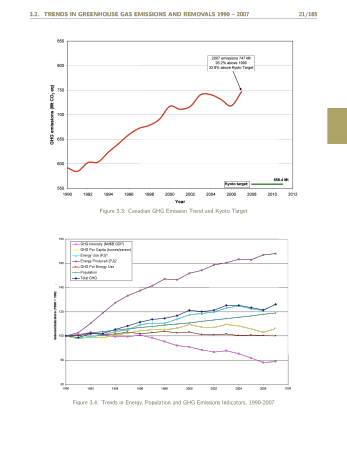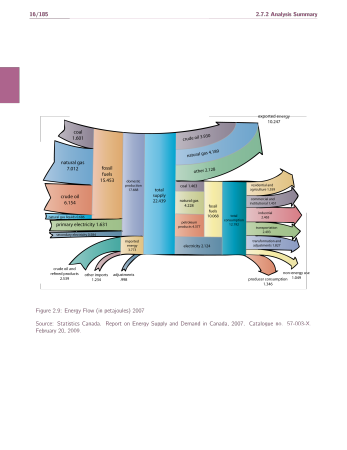Given when it was written, many people have interpreted J.R.R. Tolkien’s Lord of the Rings series as an allegory about the first or second world war. In one introduction to the books, he addresses this matter directly, denying that they are in any way allegorical. He goes on to say:
The real war does not resemble the legendary war in its process or its conclusion. If it had inspired or directed the development of the legend, then certainly the ring would have been seized and used against Sauron. He would not have been annihilated but enslaved, and Barad-dûr would not have been destroyed, but occupied. Saruman, failing to get possession of the ring, would in the confusion and treacheries of the time, have found in Mordor the missing links in his own researches into ring lore, and before long he would have made a great ring of his own with which to challenge the self-styled ruler of Middle Earth. In that conflict, both sides would have held hobbits in hatred and contempt. They would not long have survived, even as slaves.


